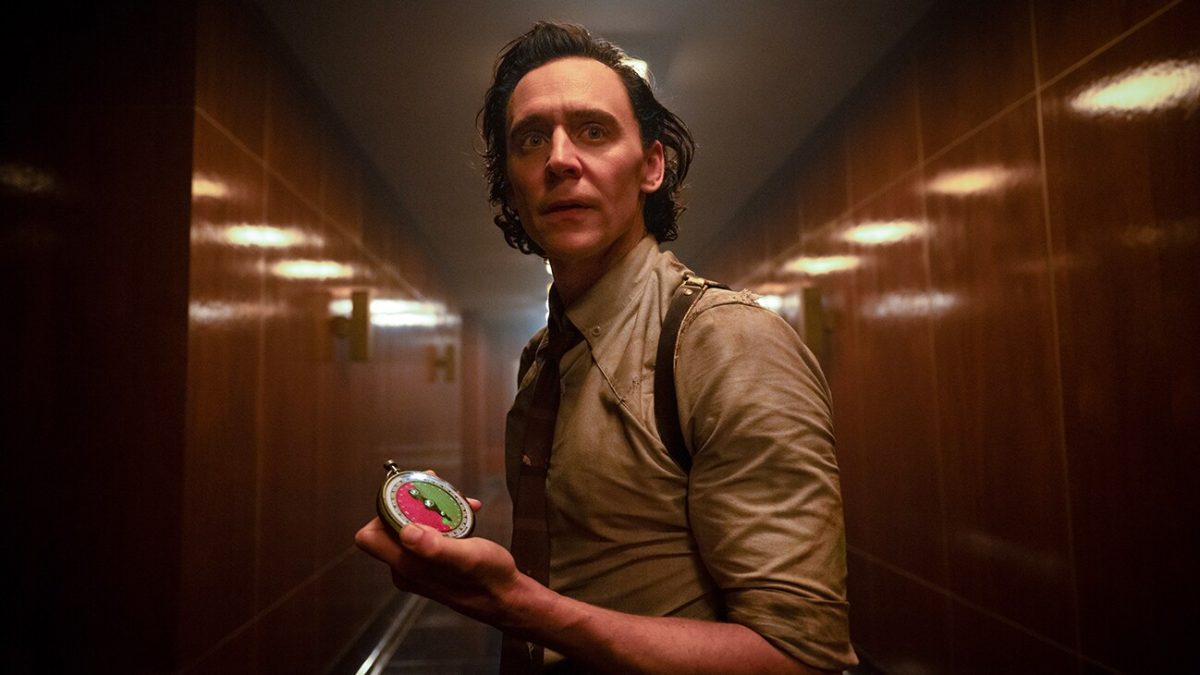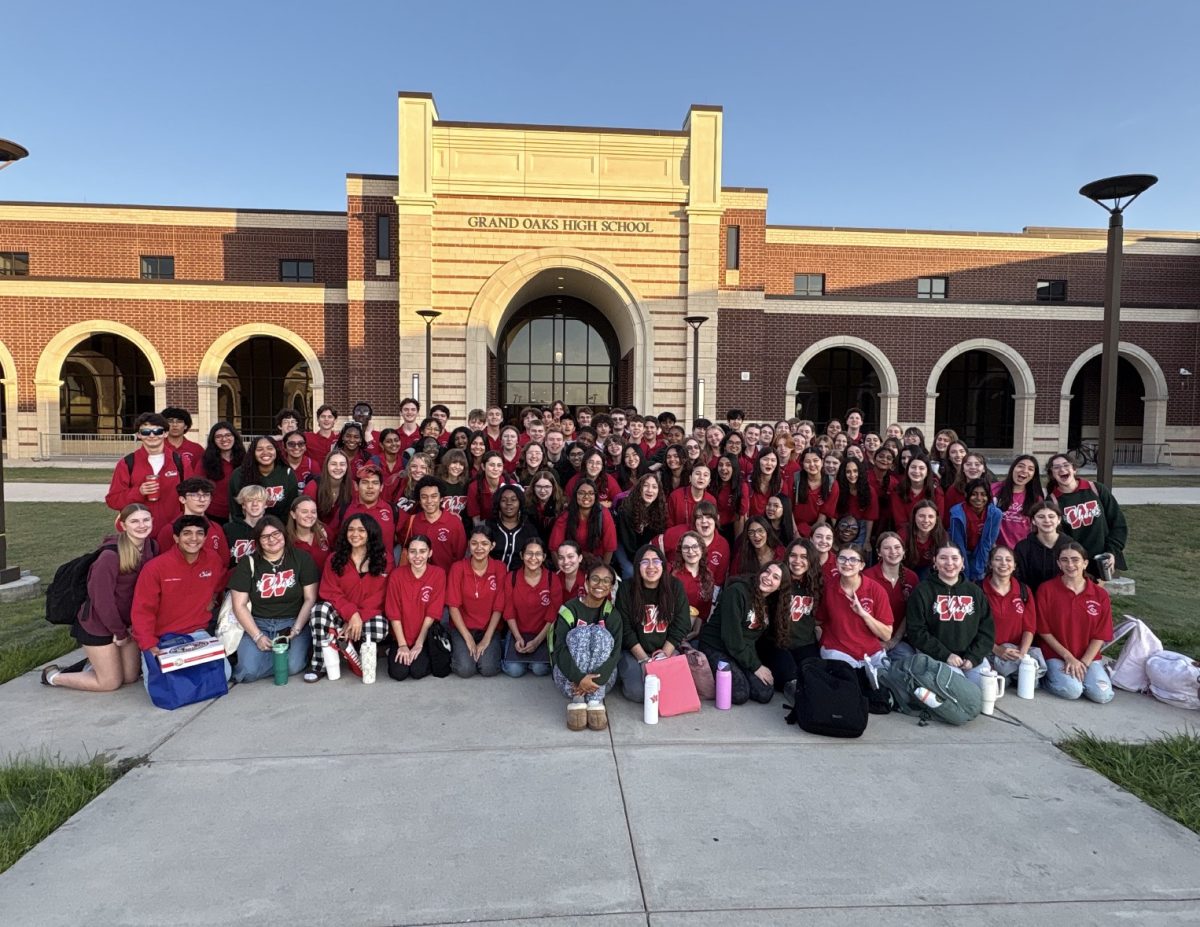Opposed to the recent release of “The Marvels”, “Loki” season two blows the current status quo of Marvel out of the water.
The long-awaited season of the hit series “Loki” finally released on October 5th on Disney+.
Season two features our titular character face off against numerous threats to the budding multiverse. As Loki navigates through his struggles he ponders a question within: What really is his glorious purpose?
Each episode brings a new challenge or story beat that flows into the next, week after week. We see many human elements seep into the lives of our heroes and characters, much like the question Loki wonders to himself.
After the shocking reveals from season one, the TVA is in shambles trying to keep the new multiverse together. At the same time, many TVA agents now have had a look into their lives and don’t know what choice to make. Whether they should go back to their places in the timeline or stay where they are.
Season two deals with the general theme of purpose and what it is for each individual. It haunts many of the characters until the finale, but proves to give a deeper story, which is more than most Marvel projects give the audience.
Loki, the long running MCU character played by Tom Hiddleston, gives his best performance yet as the God of Mischief. For years we have seen his character struggle with his own purpose in the “Thor” movies and “The Avengers”. After 12 years of Marvel appearances his arc comes to an end with a more than satisfying finale. One that serves Loki very poetic and definitely, but not exactly fair. While it is satisfying, it’s also very bittersweet for the viewers.
One of the biggest plot points this season is of the TVA agents not knowing their place, leaving the organization in disarray. We mainly follow Agent Mobius’ (Owen Wilson) struggle with his purpose. He chooses to distract himself from finding his potential rather than face it.
The inclusion of Jonathan Majors as a He Who Remains and Victor Timely can be odd for viewers who know of Major’s real life controversies. Even though I saw it weird at first, in the end he did perform as exceptionally as always. His added role as Victor Timely is very welcomed to the show and gives a new side to the dictating new villain Kang.
Whether or not it will be enough to keep him cast as the big villain of the MCU is a good question, and one that won’t be answered for a while I assume.
Credit where credit is due, this season doesn’t take the audience for a fool. Instead of dumbing the story down to something only a five year old might appreciate.
The time travel elements can be interpreted as hard to follow for some, but “Loki” does its best to keep it consistent and understandable.
The show treats the audience in a more intellectual way than what may be expected. Combining the complex story with dramatic character development, “Loki” is equally as good as even the darker Netflix Marvel series.
I also found this season to be a bit more experimental and even more comedic in its style. In one episode we have a scene involving time travel that’s actually very logical, and it provides very humorous interactions with characters like Mobius and Loki.
To add more to it, that time travel element comes back in the final episodes and has a Groundhog Day-esq adventure. That leads to lots of comedic, and equally dramatic moments.
By the end of the show the characters have gone full circle in their development. No threads, except for the ongoing Kang plot line, are left hanging.
The series ends on a high note, and so does Loki. That’s something very rare in the current state of Hollywood.
The finale, as bittersweet as it is, should be left untouched, meaning no season three. Loki’s story is concluded in a way that’s very satisfying, just as Iron Man had.
After 12 years and numerous projects, “Loki” completes its arcs and gives a more than glorious send off.
“Loki” seasons one and two are streaming now on Disney+, starring Tom Hiddleston, Sophia Di Martino, Jonathan Majors, Owen Wilson, Ke Huy Quan, and Wunmi Mosaku.








